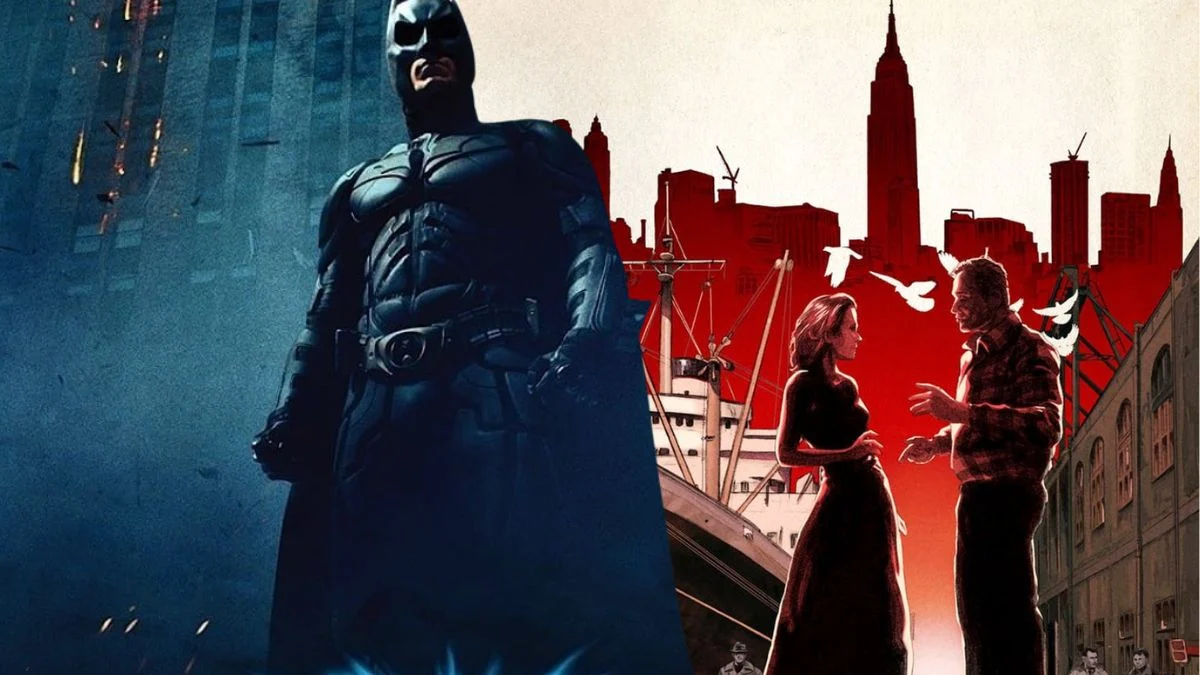
Some of the most memorable moments in film happen when a script creates a truly special scene. A well-written monologue can reveal everything about a character and leave a lasting emotional impression on the audience. These speeches can be anything from uplifting and motivating to frightening and unsettling, and they give actors a chance to demonstrate their skill and the complexity of their characters.
‘The Great Dictator’ (1940)
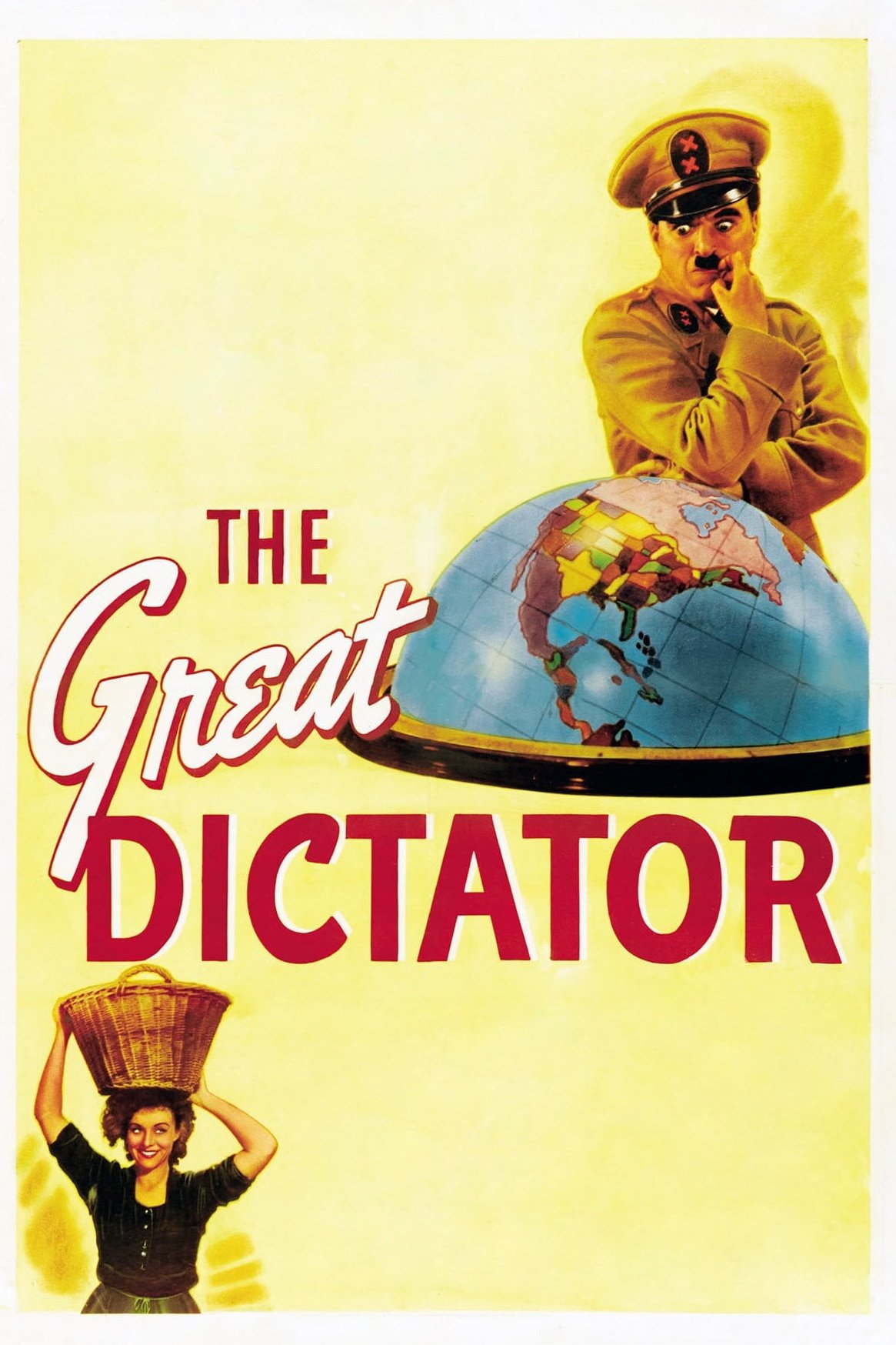
A simple barber steps forward to make a heartfelt appeal for peace and understanding between all people. He asks the soldiers to turn away from the hatred and selfishness that have corrupted humanity. Chaplin steps out of his character to speak directly to the audience, reminding them of their collective power to build a better, happier world. The speech continues to be a powerful statement against oppression and a hopeful message for global unity.
‘The Third Man’ (1949)
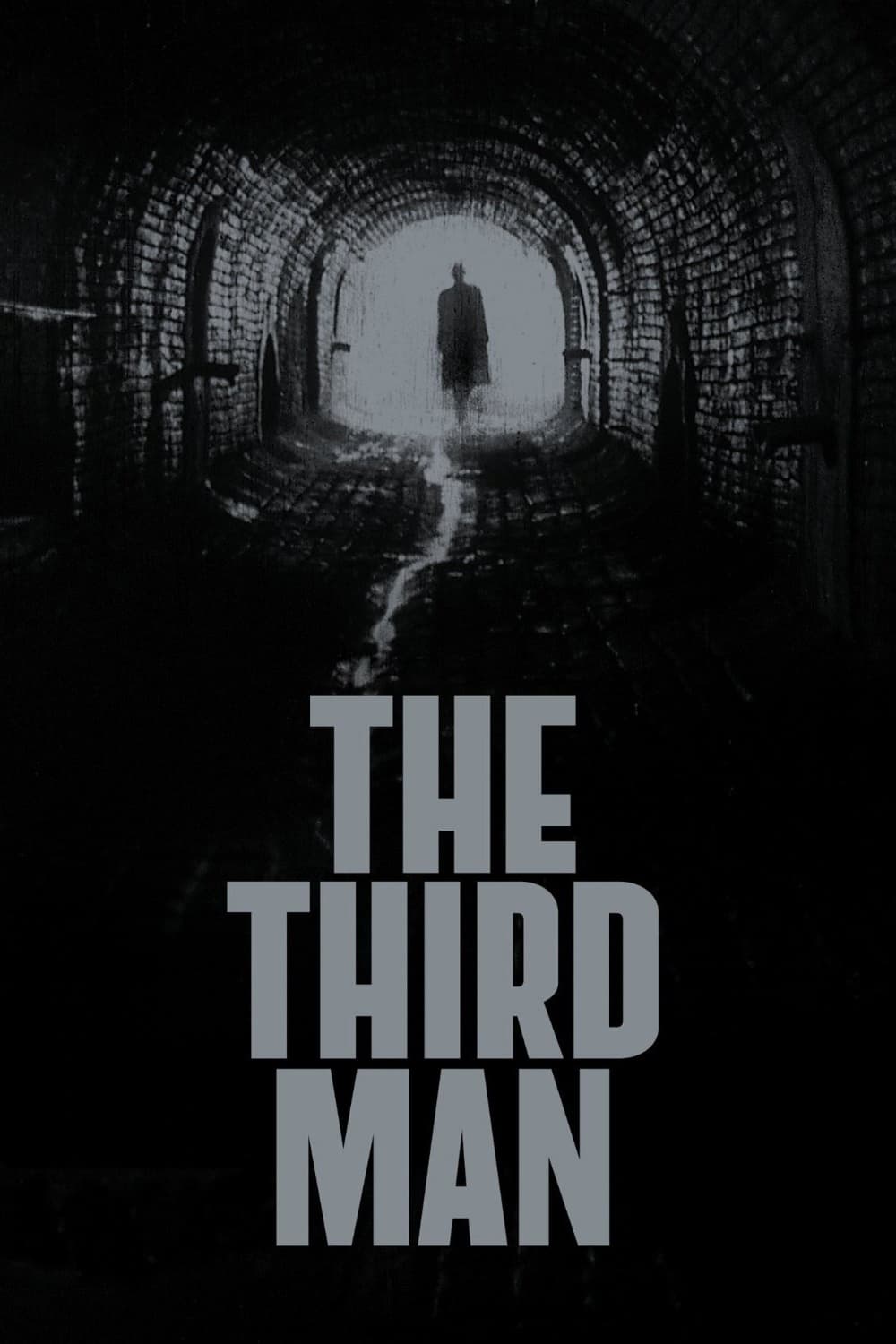
From atop a Ferris wheel, Harry Lime coldly defends his actions, dismissing the people below as insignificant. He wonders if anyone would even notice if one of them disappeared. Lime shockingly claims that war and violence fueled progress, like the Renaissance, while peace only brought trivial creations. This disturbing justification reveals how deeply corrupted and treacherous he has become.
‘On the Waterfront’ (1954)

Terry Malloy has a painful confrontation with his brother, accusing him of destroying his boxing career. He laments that he had the talent to become a champion, but instead ended up a struggling dockworker. The scene powerfully portrays the devastation of realizing family greed cost him his dreams and potential, leaving him with deep regret over what might have been.
‘Jaws’ (1975)
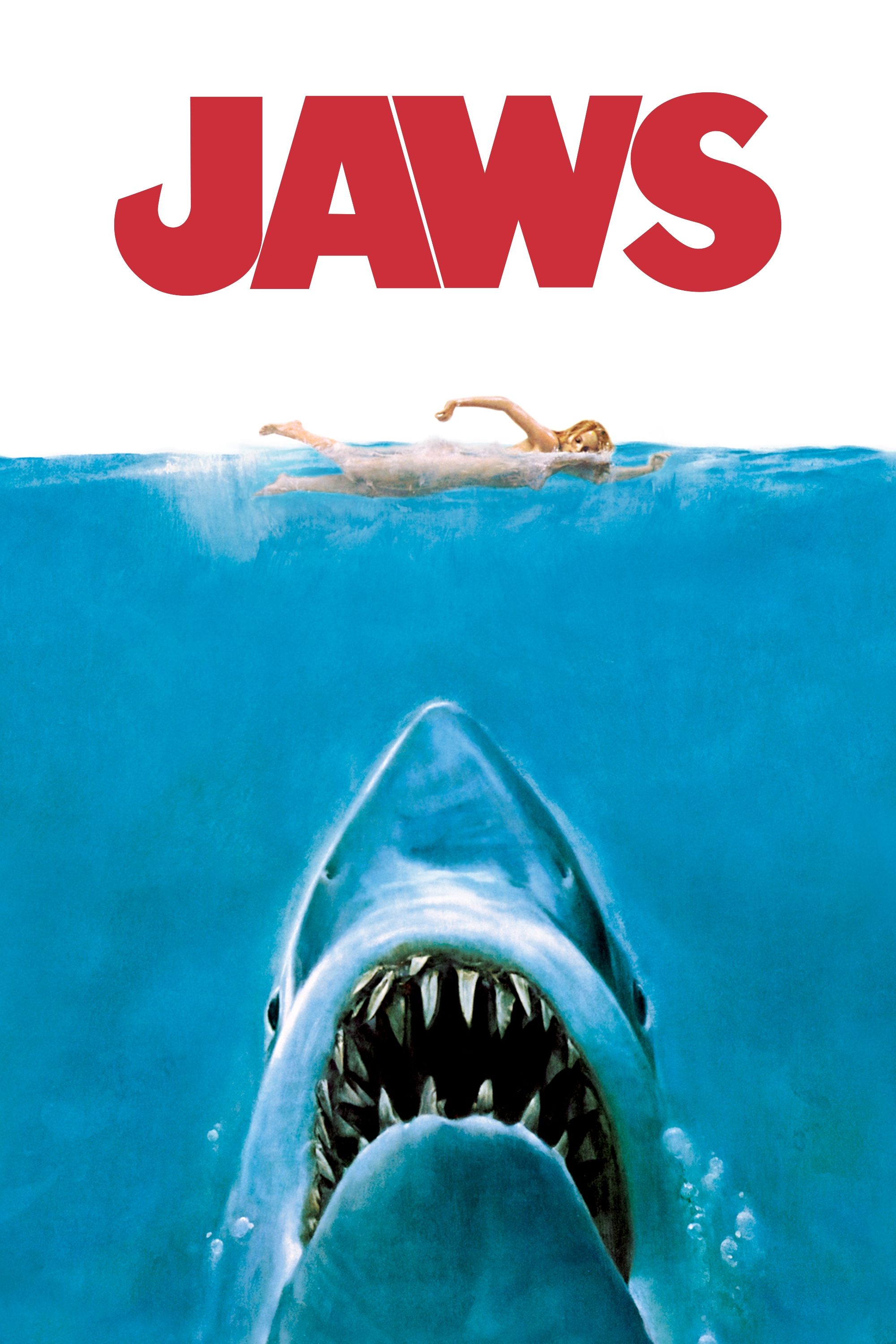
Quint shares the harrowing story of surviving the sinking of the USS Indianapolis during World War II. He vividly describes the terrifying experience of watching his shipmates fall victim to sharks while desperately awaiting rescue. This story dramatically changes the film’s mood, shifting it from a thrilling adventure to a deeply unsettling psychological drama, and highlights the shared trauma of the surviving men. Robert Shaw’s powerful and haunting performance brings a sense of realism to the film, anchoring the fantastical elements in a very human experience.
‘Network’ (1976)
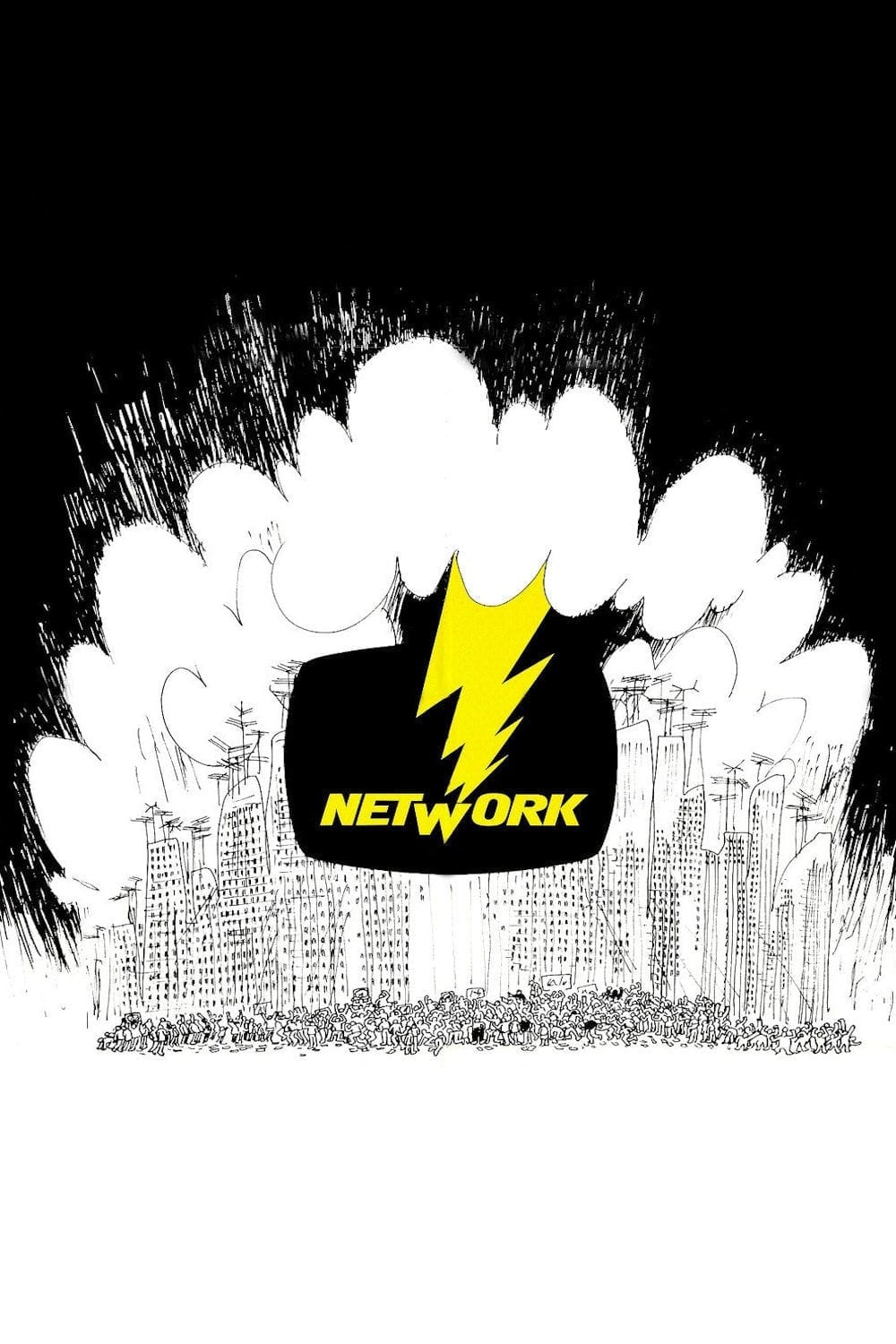
Howard Beale unexpectedly breaks into a news broadcast to declare his frustration with the world. He urges viewers to stand up and express their own anger. This outburst captured the widespread feelings of a society struggling with economic hardship and a sense of hopelessness. The scene transformed Beale into a symbol of the common person and mocked the media’s tendency to prioritize shocking stories.
‘Apocalypse Now’ (1979)
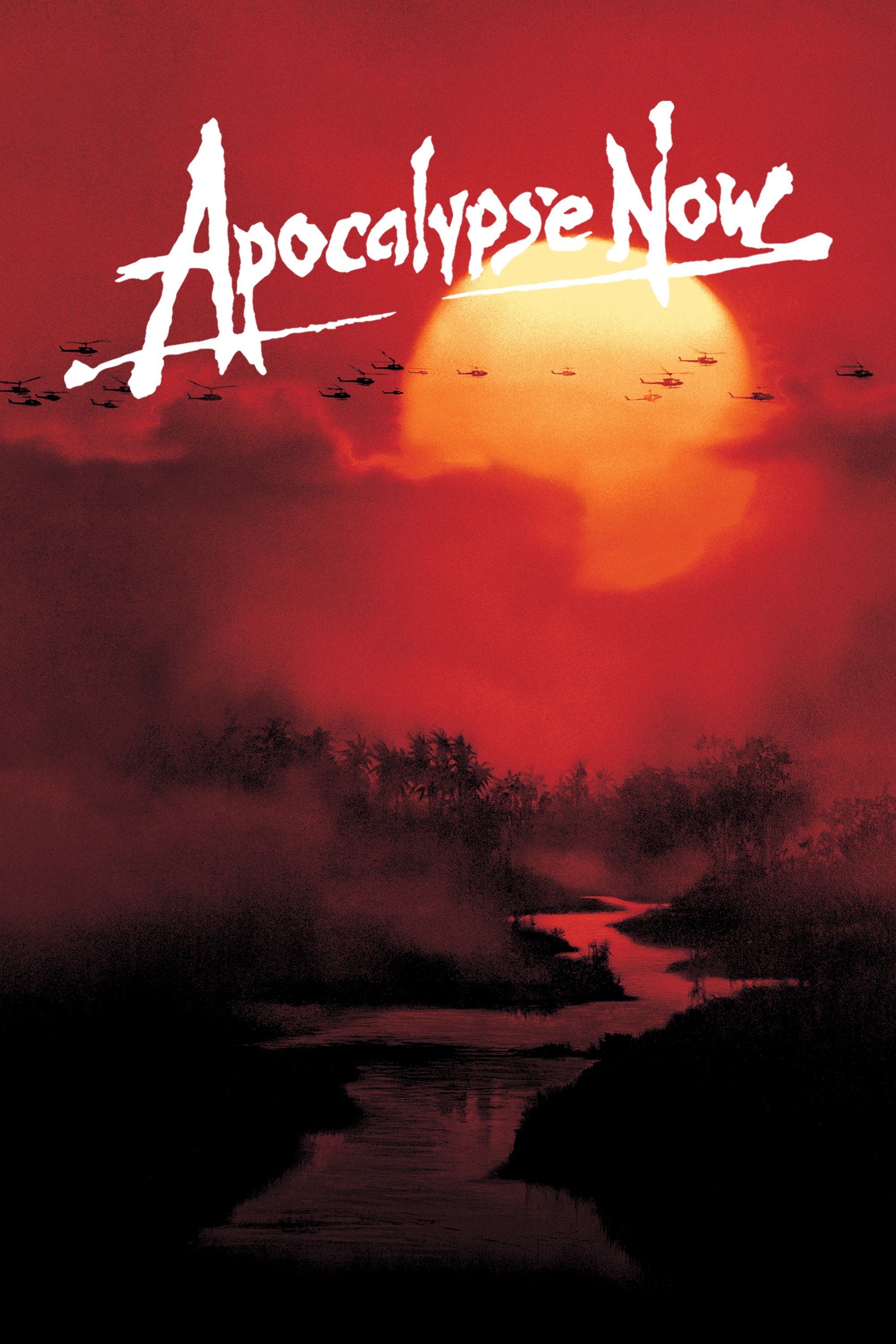
Colonel Kurtz contemplates the brutal realities of war, arguing that victory demands a willingness to do terrible things. He describes a disturbing incident involving children as an example of the extreme measures needed. This speech shows Kurtz has completely lost his grip on reality and has become a savage, driven by instinct. Marlon Brando delivers these lines in a hushed, shadowy manner, creating a deeply unsettling and frightening mood.
‘Blade Runner’ (1982)
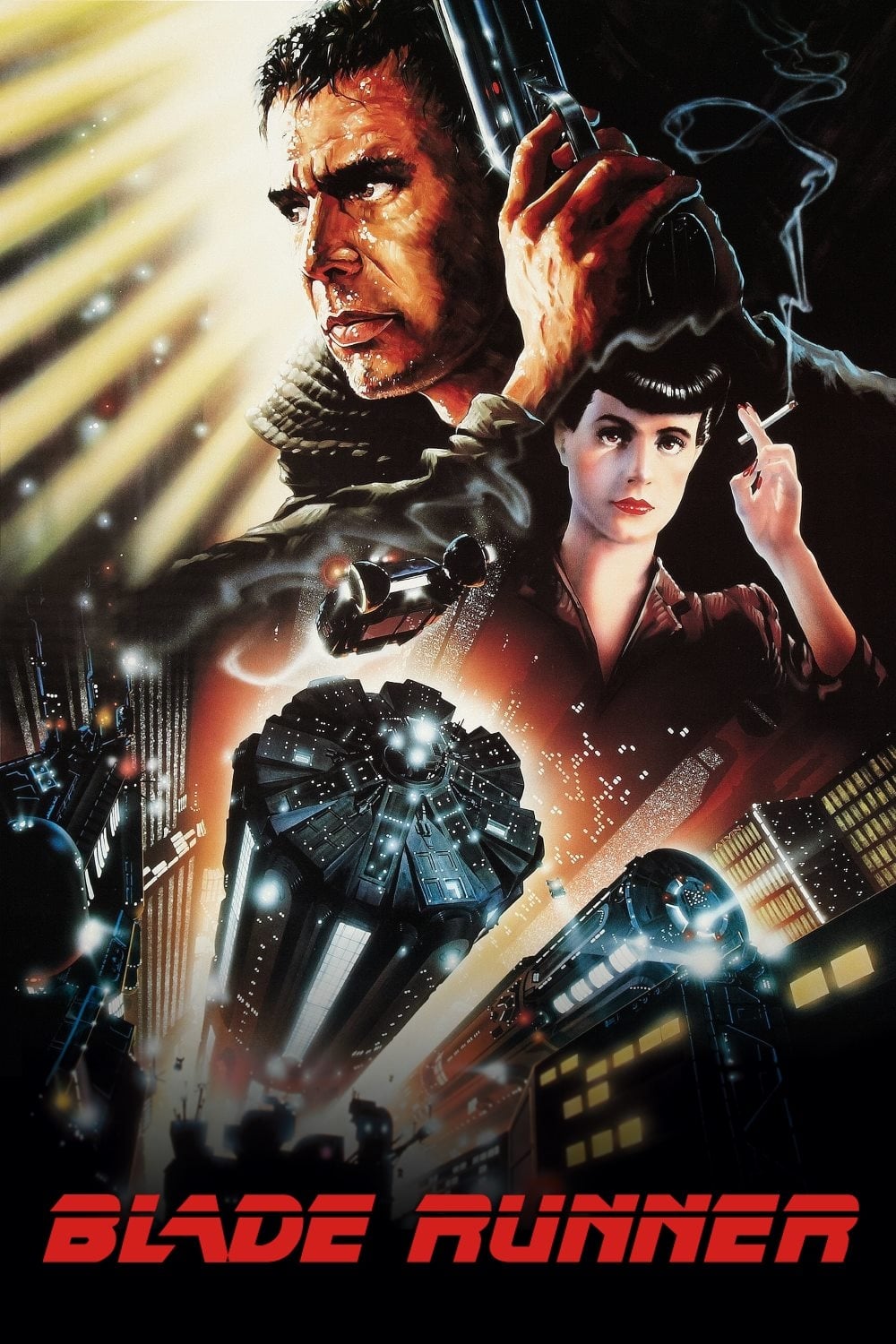
In his last moments, Roy Batty contemplates the amazing experiences he had during his brief life. He sadly acknowledges that those memories will fade away, disappearing as quickly as tears falling in the rain. Ironically, this dying speech reveals more compassion in the replicant than in the humans who pursued him. It changes him from a dangerous enemy into a pitiable character, desperately wanting to feel that his life had meaning.
‘Wall Street’ (1987)
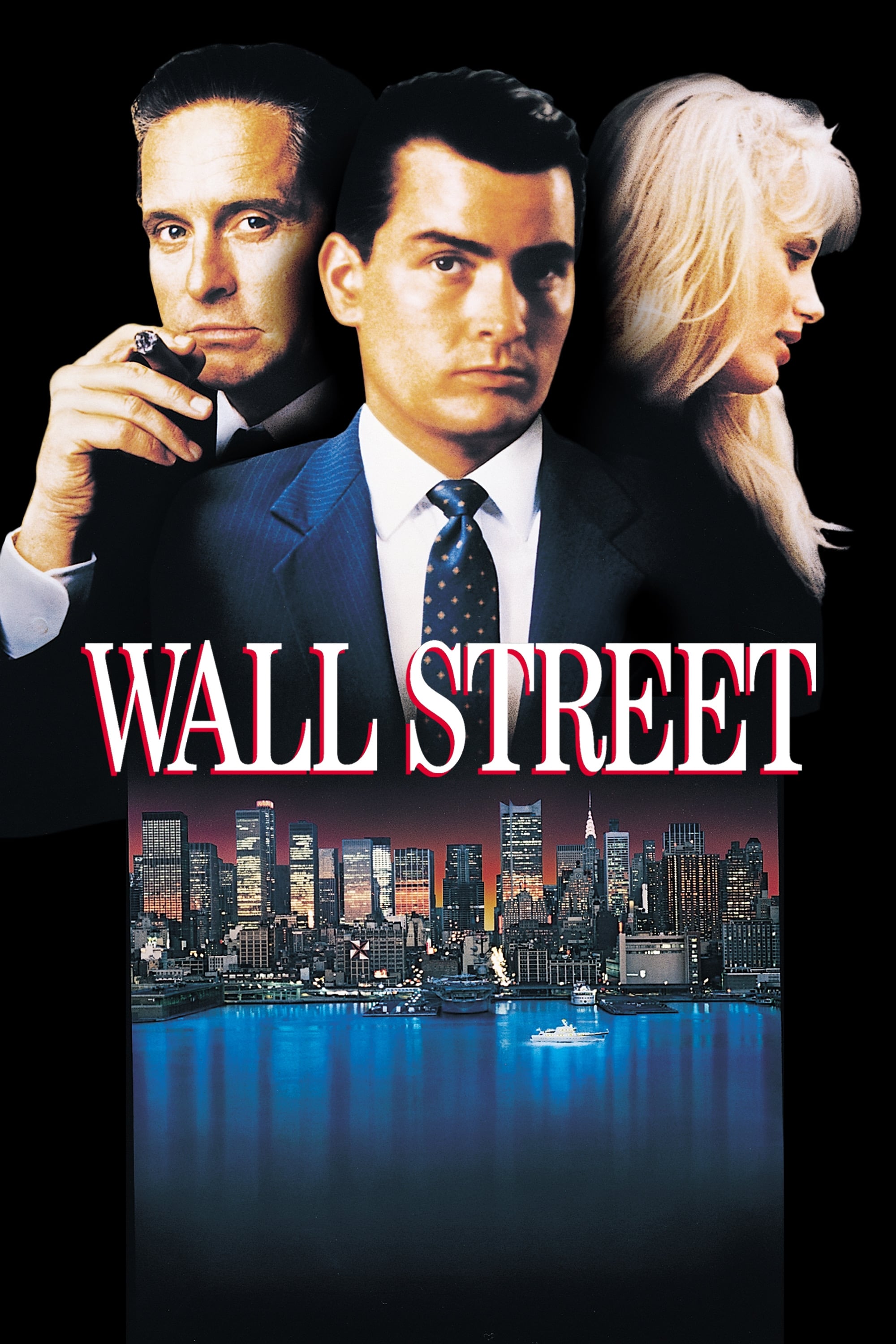
Gordon Gekko spoke to shareholders, justifying his bold takeover strategies. He famously claimed that greed is beneficial, reflecting a natural drive for progress. Gekko insisted that the desire for wealth would revitalize both the company and a struggling economy. The speech became a symbol of the extreme corporate behavior of the 1980s.
‘The Silence of the Lambs’ (1991)

From the moment they meet, Hannibal Lecter expertly analyzes Agent Clarice Starling, sharply criticizing her past and goals while remaining composed. He chillingly recounts how he once ate a census taker, pairing the act with fava beans and wine. This scene immediately demonstrates Lecter’s powerful intellect and the danger he represents, even while imprisoned.
‘A Few Good Men’ (1992)
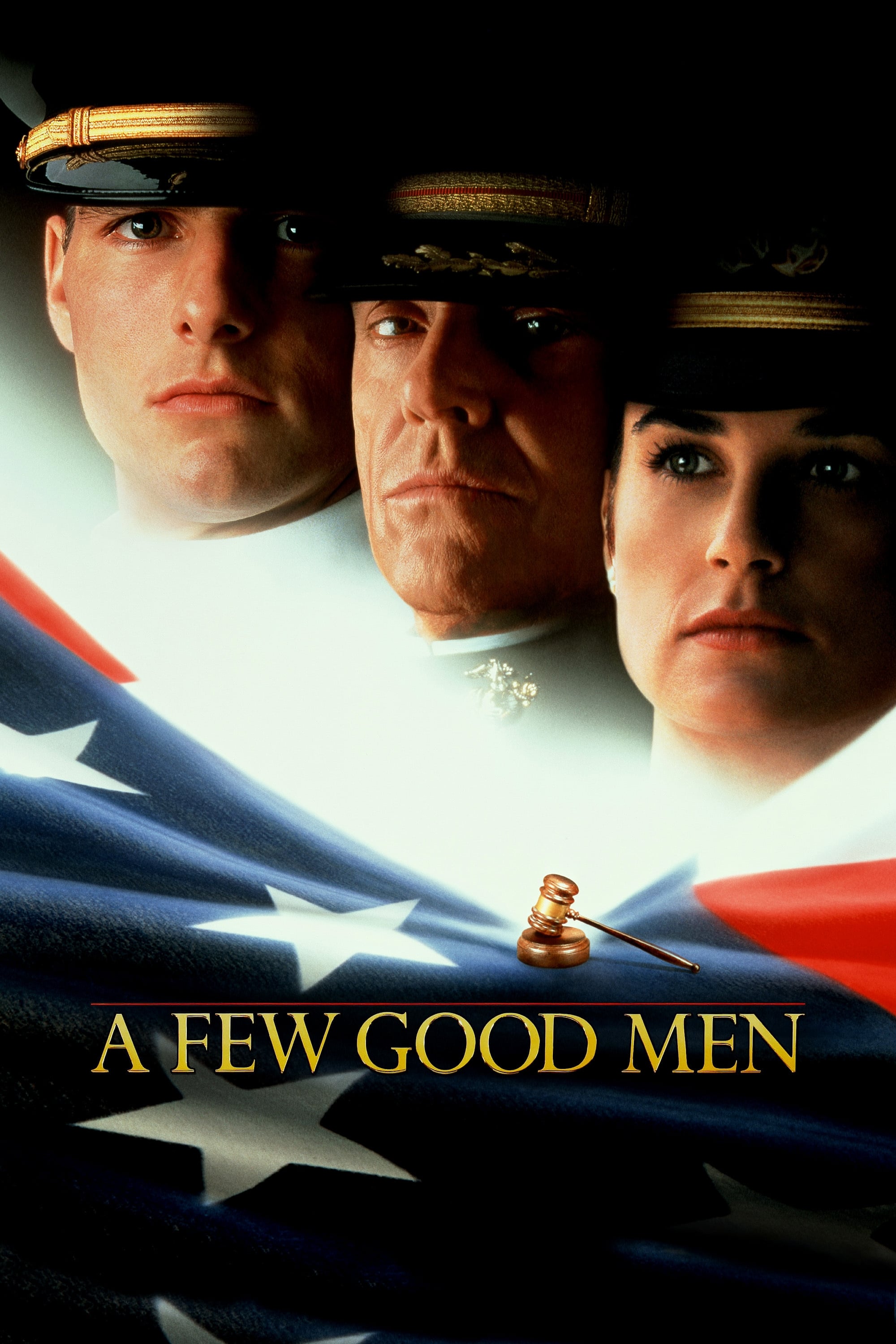
During a tense courtroom exchange, Colonel Jessep exploded, defending his orders by claiming he’s essential for protecting people’s freedom, even if it means making difficult choices. He accused the lawyer of being unable to accept the complex realities of saving lives. This outburst ultimately led to his ruin, but revealed his warped reasoning behind his actions.
‘Glengarry Glen Ross’ (1992)
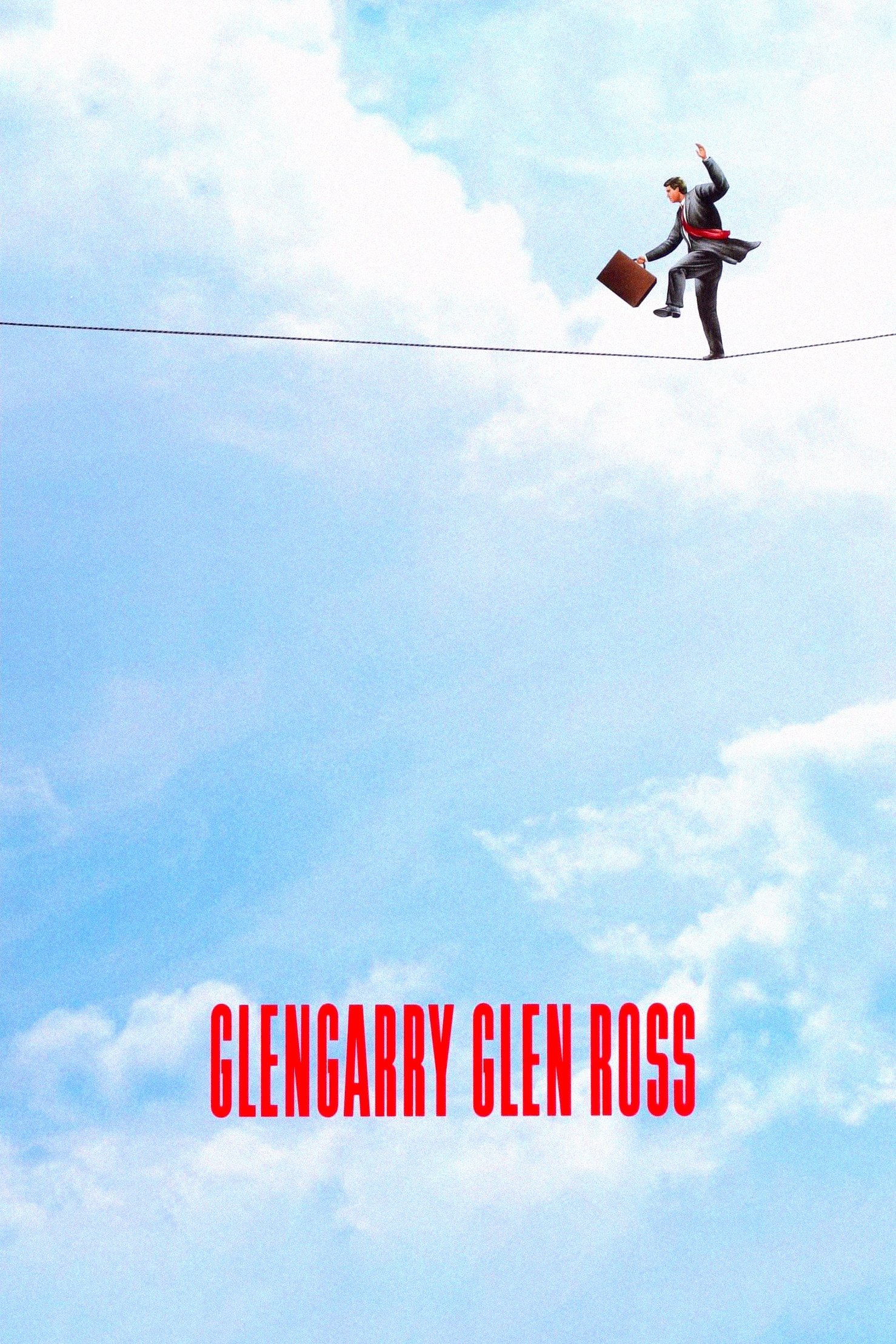
Blake shows up and aggressively motivates a team of failing salesmen, pushing them to improve their performance. He announces the top prize is a car, but the second prize is a surprisingly underwhelming set of steak knives. His harsh speech focuses on the idea that only successful salespeople deserve coffee, and he criticizes the men for not being assertive enough. This intense and demeaning outburst immediately establishes the film’s competitive and desperate atmosphere.
‘Schindler’s List’ (1993)

Standing on his balcony, Amon Goeth reveals his disturbing views on power to Oskar Schindler. He believes real power isn’t about killing, but having the right to kill and choosing not to. This scene powerfully demonstrates Goeth’s sense of being above life and death, as he casually disregards human lives. It starkly contrasts with Schindler’s efforts to show compassion and save people.
‘Pulp Fiction’ (1994)

Jules Winnfield has a habit of quoting a Bible verse right before killing someone. He says it’s about what happens to good people and how God takes revenge. He uses this quote to scare the people he’s about to kill and to make himself feel better about being a hitman. This practice becomes a key part of his story, as he eventually starts to understand the verse in a different way.
‘The Shawshank Redemption’ (1994)

After spending forty years in prison with a life sentence, Red faces the parole board. He doesn’t bother with talk of being reformed, instead speaking frankly about his remorse for what he did. He shares that he wishes he could warn his younger self about the future. This honest admission is a turning point – he finally gives up on the idea of being released, and surprisingly, that’s what leads to his freedom.
‘Trainspotting’ (1996)
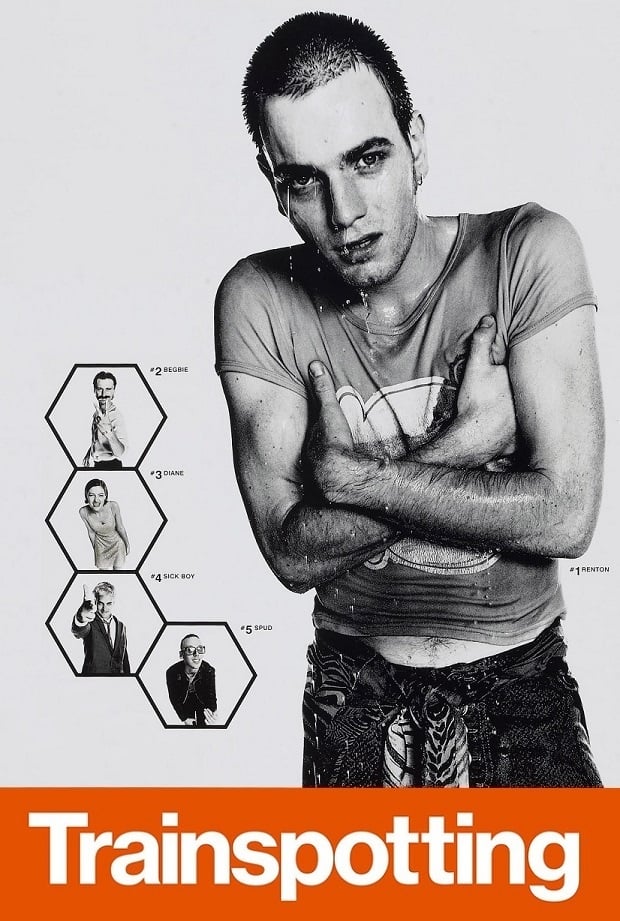
Mark Renton describes the typical, everyday choices people make when building a normal life in the suburbs. However, he actively chooses heroin over a traditional path like a career and family. His fast-paced narration sarcastically lists the things he hates about consumer culture, immediately revealing his rebellious and pessimistic outlook on life.
‘Good Will Hunting’ (1997)
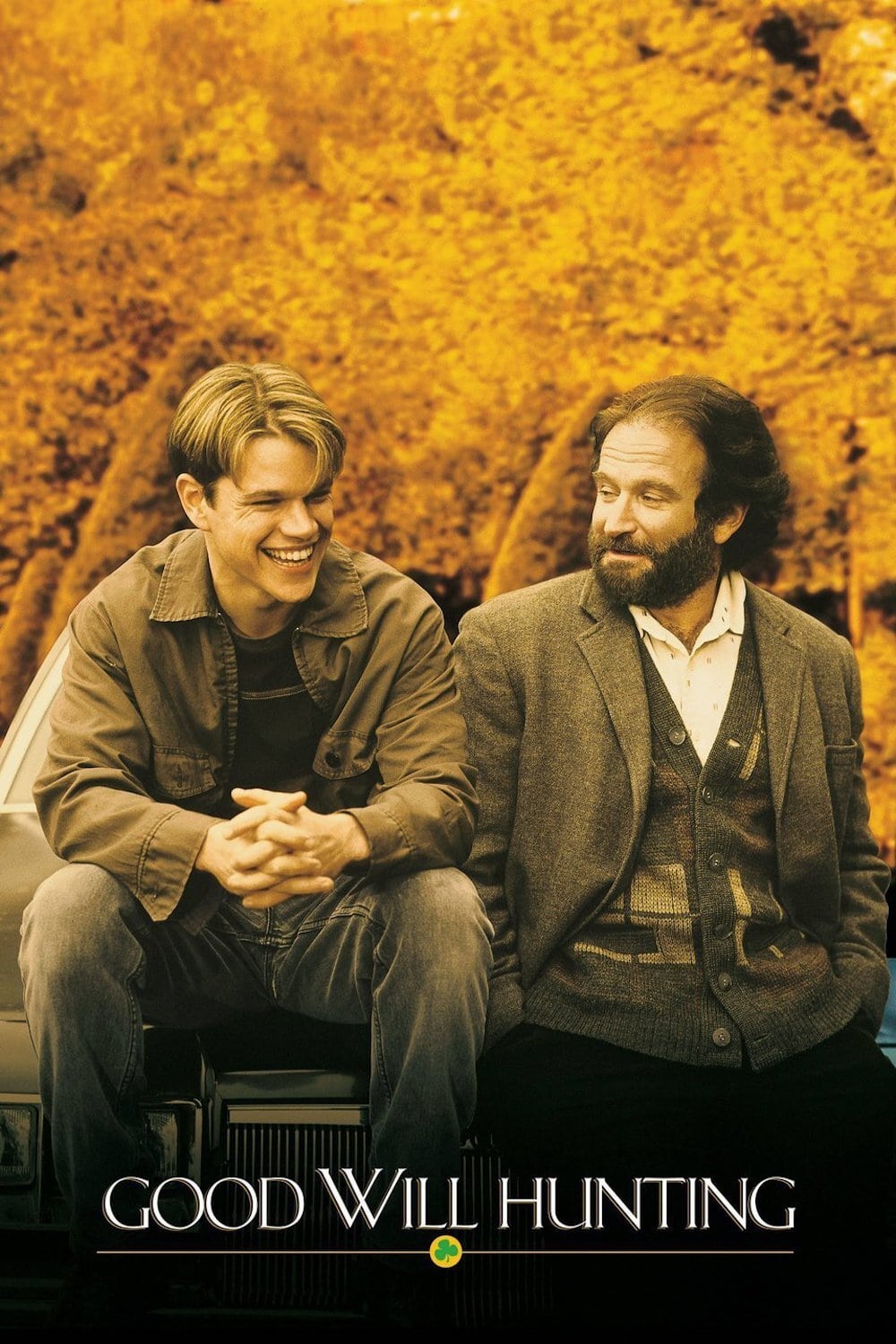
Sitting on a park bench, Sean Maguire gently breaks down the self-assurance of his exceptionally intelligent, but emotionally guarded, patient. He points out that simply knowing things from books isn’t the same as truly living and understanding loss. Maguire encourages Will to open himself up to life and feel it, instead of just overthinking everything. This conversation is a key moment, allowing both men to finally connect on a deeper level.
‘The Lord of the Rings: The Two Towers’ (2002)
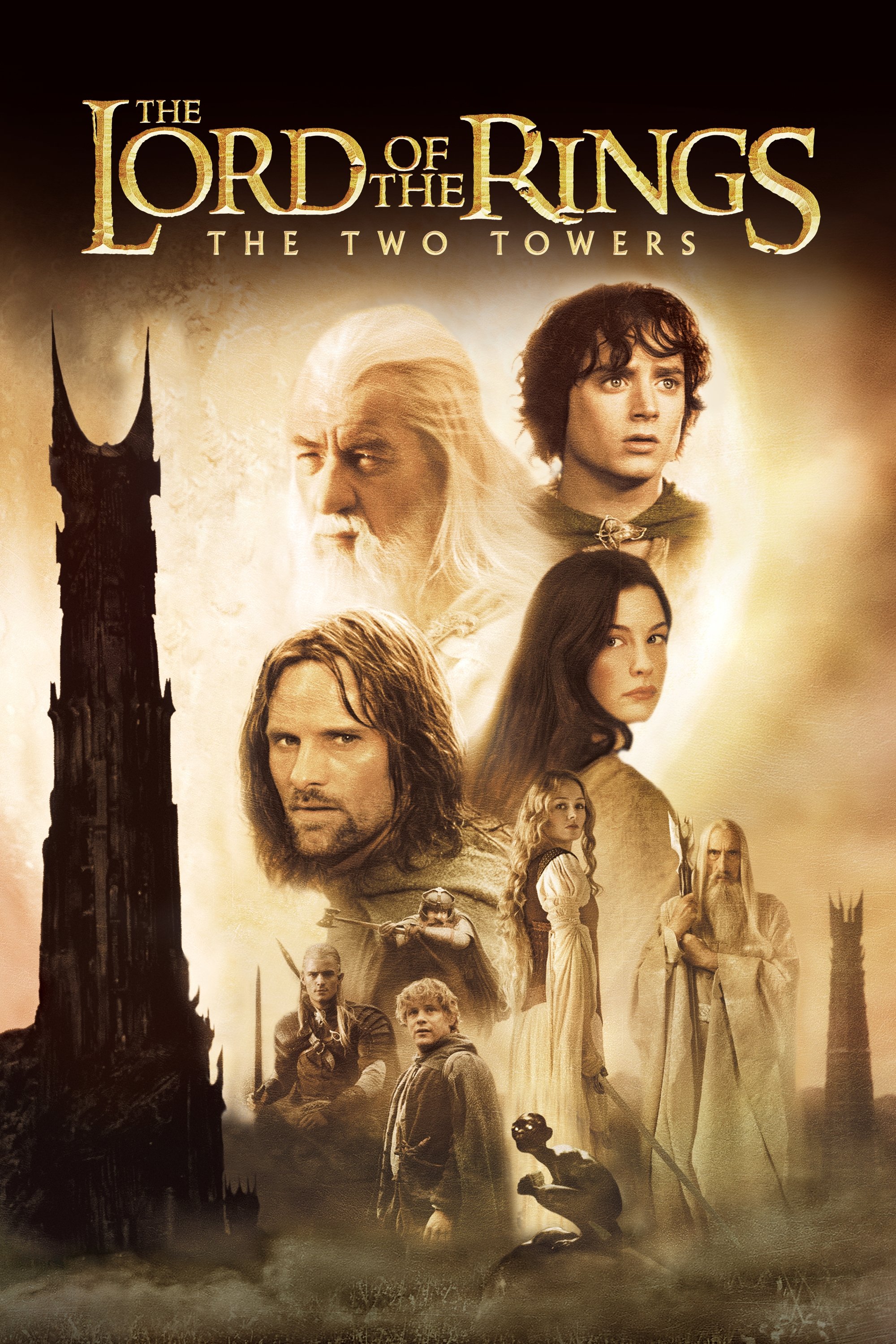
When Frodo feels like giving up, Samwise Gamgee reminds him that even in the darkest times, heroes in stories always find a reason to keep fighting. Sam points out that there’s still goodness left in the world worth protecting. This moment highlights how important it is to stay strong and hopeful, even when things seem impossible.
‘There Will Be Blood’ (2007)
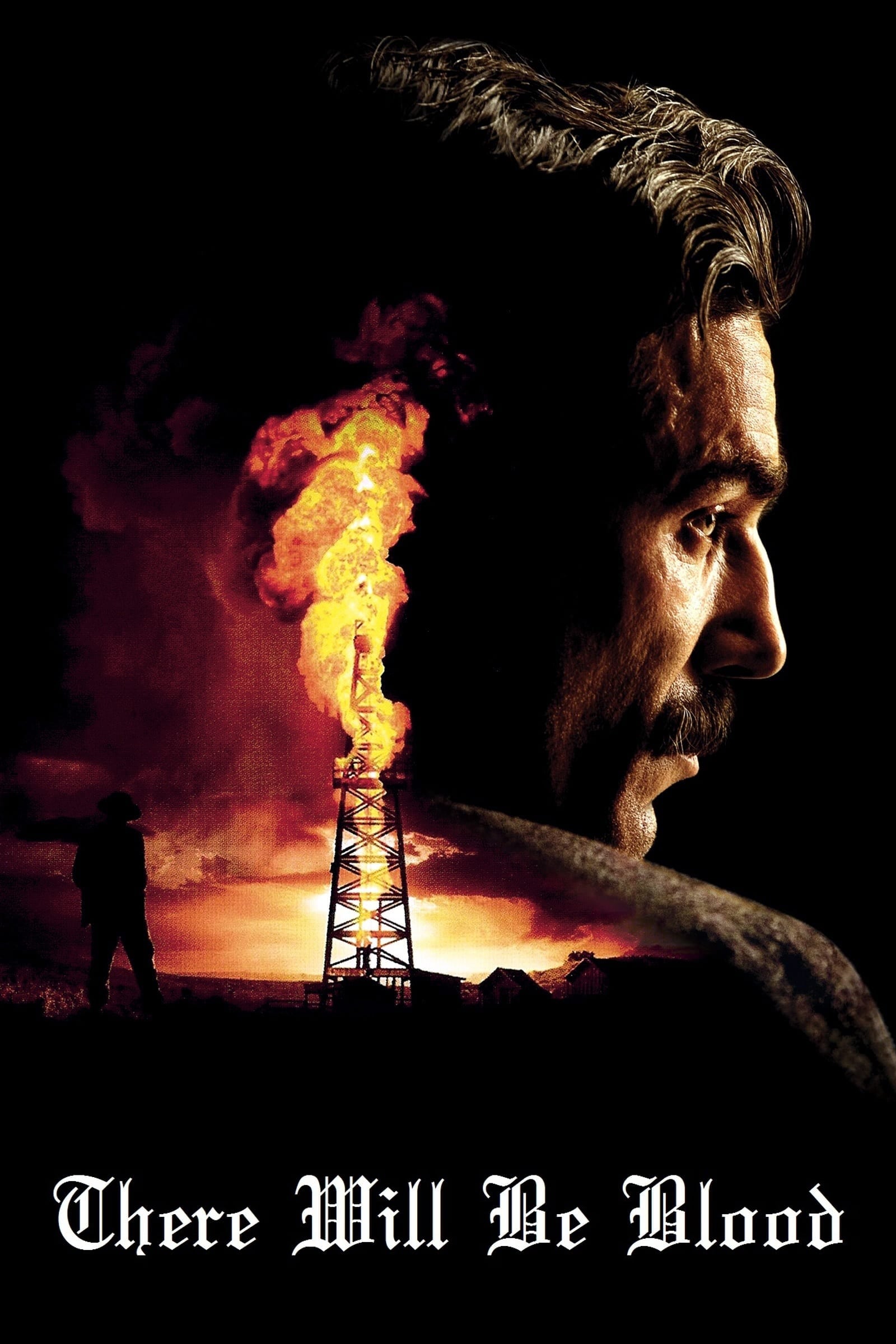
In the climactic confrontation with his enemy Eli Sunday, Daniel Plainview cruelly mocks him, comparing their struggle to drinking a milkshake – he’s completely taken everything of value from Eli, just as he’s drained the land of its oil. The scene highlights Plainview’s complete triumph, but also the emptiness of it, revealing how utterly corrupted he’s become by his own greed and bitterness.
‘The Dark Knight’ (2008)
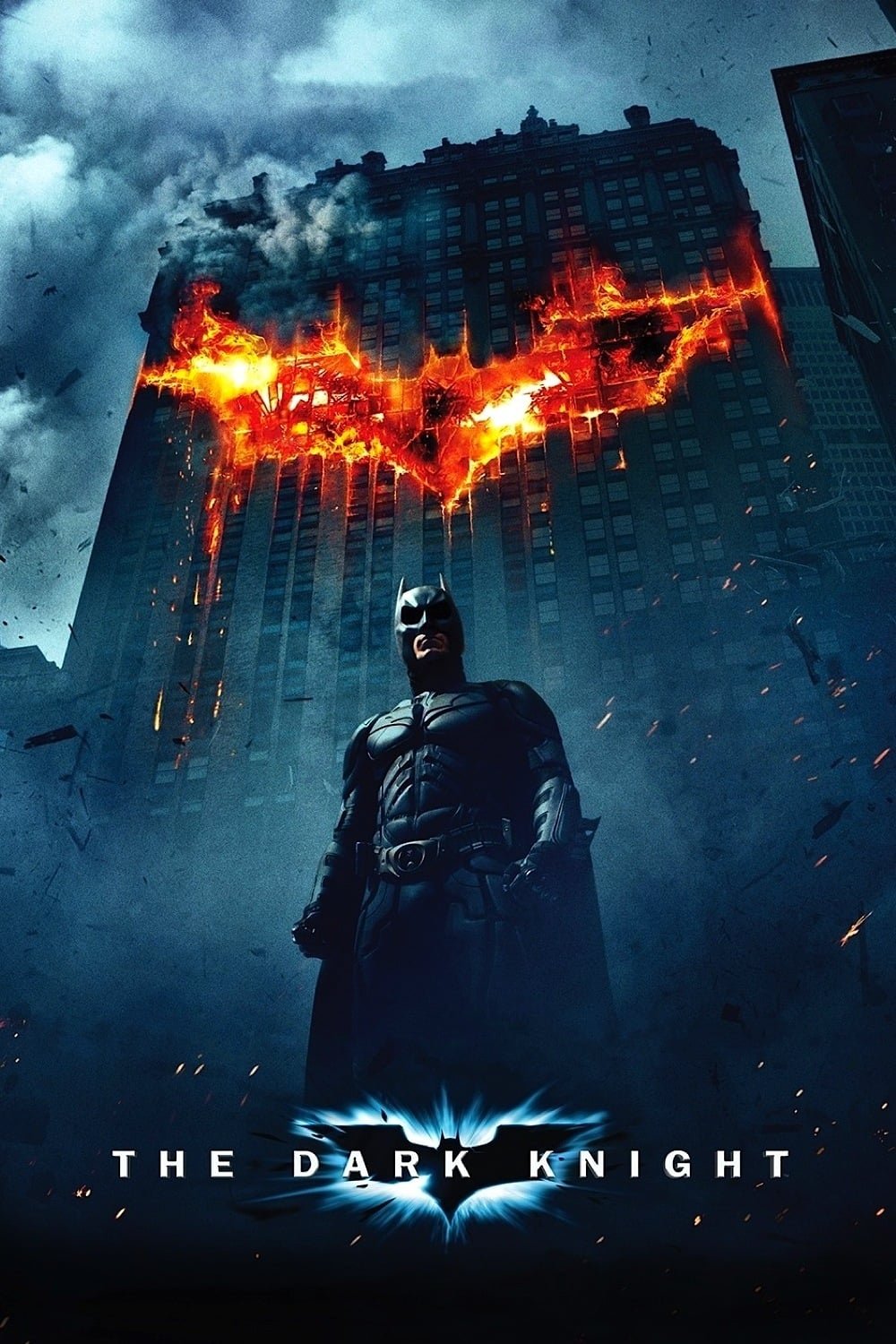
While visiting Harvey Dent in the hospital, the Joker reveals his belief in chaos. He claims he doesn’t create chaos, but simply exposes how easily order can fall apart, showing that society’s goodness depends entirely on the rules people follow. This conversation ultimately leads to Dent’s downfall and tragically confirms the Joker’s dark view of humanity.
‘Inglourious Basterds’ (2009)
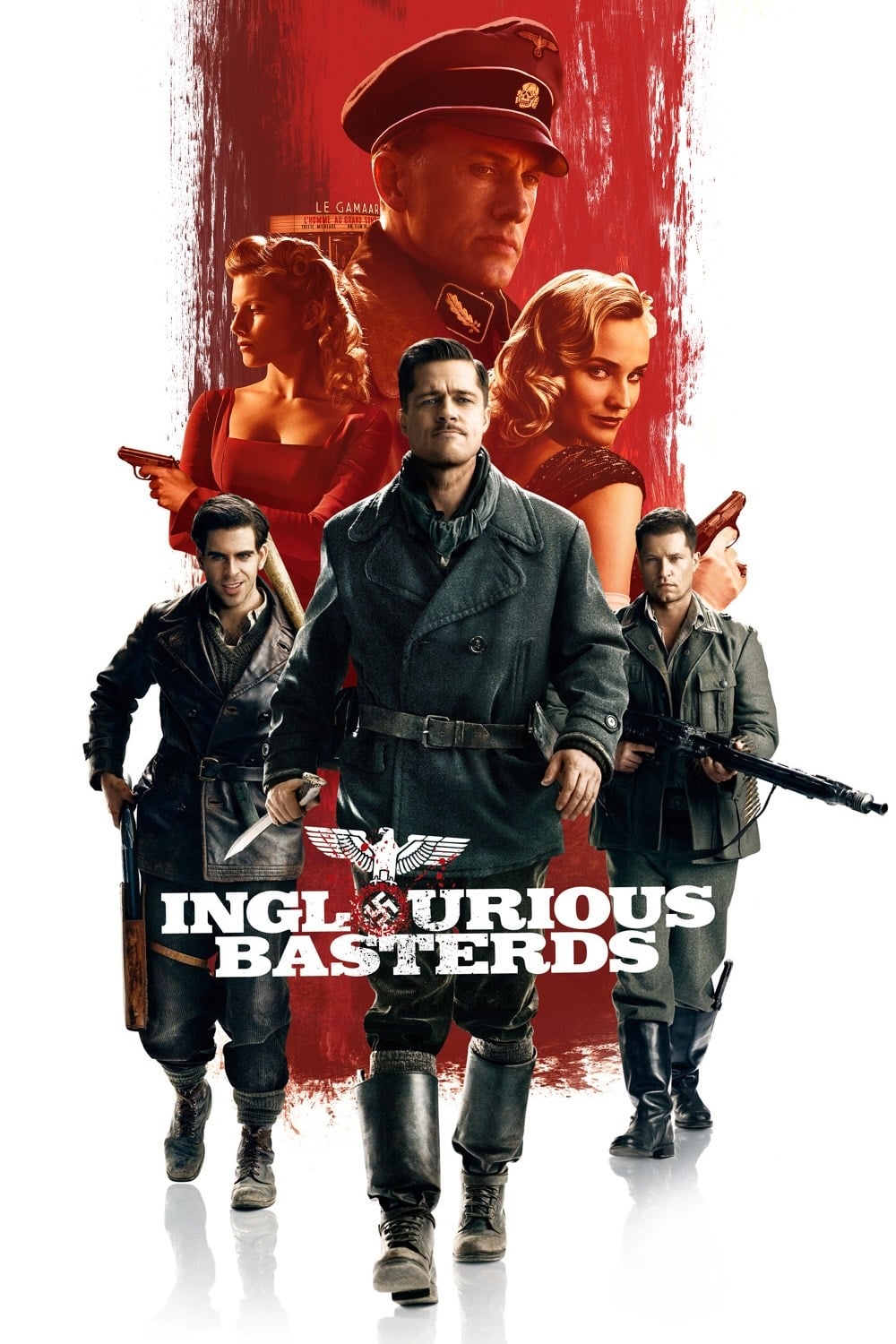
Hans Landa calmly questions a farmer, seeking information about a Jewish family hiding nearby. He chillingly explains the Nazi mindset using an extended analogy comparing hawks and rats. Despite a friendly and cheerful attitude, Landa is actually arranging a brutal attack, and Christoph Waltz’s captivating performance makes the resulting violence all the more disturbing.
‘Whiplash’ (2014)

Terence Fletcher attempts to justify his harsh treatment of a former student, explaining he intentionally pushed musicians to their limits in pursuit of exceptional talent. He points to a story about Jo Jones throwing a cymbal at Charlie Parker as an example, revealing his misguided belief that pushing artists through abuse is sometimes necessary for achieving greatness.
‘Call Me by Your Name’ (2017)

Perlman comforts his son, Elio, after a painful breakup. He encourages Elio to embrace his sadness, explaining that to suppress the pain would also mean losing the beautiful joy he felt during the relationship. The father confesses he’s a little envious of the deep connection his son shared. This heartfelt exchange highlights the importance of accepting difficult emotions and being open to vulnerability.
Tell us which cinematic speech has had the biggest impact on you in the comments.
Read More
- 2025 Crypto Wallets: Secure, Smart, and Surprisingly Simple!
- Brown Dust 2 Mirror Wars (PvP) Tier List – July 2025
- Gold Rate Forecast
- Wuchang Fallen Feathers Save File Location on PC
- Banks & Shadows: A 2026 Outlook
- Gemini’s Execs Vanish Like Ghosts-Crypto’s Latest Drama!
- HSR 3.7 breaks Hidden Passages, so here’s a workaround
- The 10 Most Beautiful Women in the World for 2026, According to the Golden Ratio
- QuantumScape: A Speculative Venture
- ETH PREDICTION. ETH cryptocurrency
2025-11-26 05:19